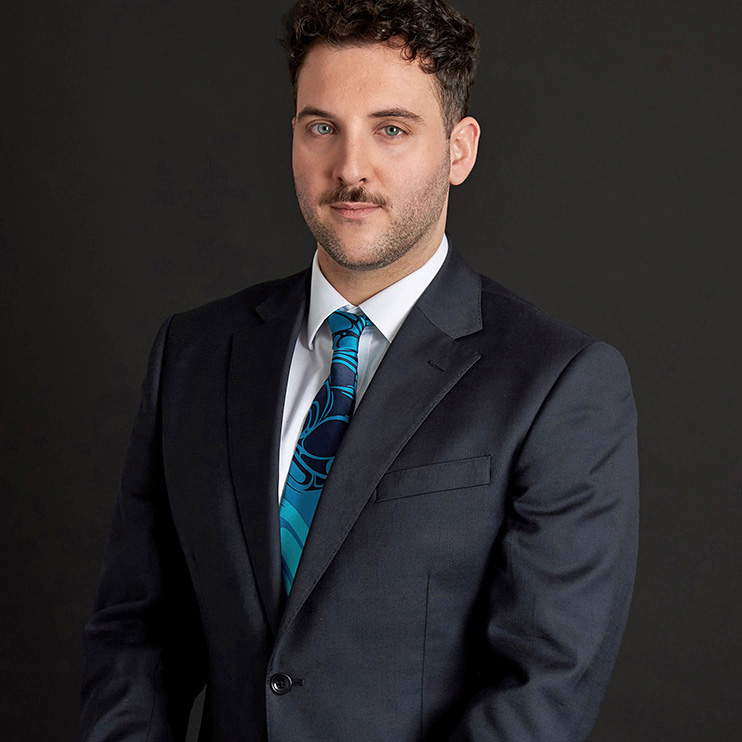Family members of EEA nationals: When can an appeal stop removal?
In Bilal Ahmed, the Court of Appeal concluded that an appeal under the EEA Regulations against a decision to refuse to issue an EEA document does not prevent the removal of the appellant where there is no other basis of stay. In other words, the appeal does not have suspensive effect.
On the contrary, by virtue of Regulation 40(3) of the EEA Regulations 2016, whilst an appeal against an EEA decision to remove a person from the United Kingdom (other than on grounds of public policy, public security or public health) is pending, there can be no removal. An EEA decision to remove is defined as a decision made under the EEA Regulations 2016 that concerns a person’s removal from the UK.
In the case of EEA nationals themselves, any decision to administratively remove them from the UK would be an EEA decision, carrying a suspensive right of appeal.
The situation is not as clear with regard to non-EEA family members of EEA nationals. We saw in Bilal Ahmed that the Home Office sought to remove the Appellant, a non-EEA national overstayer, before even refusing his application for a residence card, on the basis that his marriage to an EEA national was one of convenience. In that case no EEA decision to remove was issued; only removal directions under s.10 of the Immigration and Asylum Act 1999 (before its amendment by the Immigration Act 2014). Such directions, it was held, do not carry a right of appeal and can only be challenged on the basis of Wednesbury unreasonableness. Whether the latter remains the case after the amendment of s.10 by the Immigration Act 2014 has been explored in a previous blog post by Emma Greenwood.
The crucial question is, therefore, when should non-EEA family members be served with an EEA decision to remove rather than outright with removal directions under s.10 of the Immigration and Asylum Act 1999 (without the need for a removal decision)?
The Home Office policy guidance document titled ‘European Economic Area (EEA) administrative removal’, the current version of which was published on 1 February 2017, offers the Secretary of State’s approach on the matter. According to it: Regulation 23(6)(a) may be used where there is evidence that the person never had, or has ceased to have, a right to reside under the EEA Regulations, for example where: […] the Home Office has previously recognised a non-EEA national as having an EEA right (for example a family permit), but evidence later suggests rights were gained on the basis of a marriage of convenience and the person is attempting to make use of EU rights they never had.
It follows from the above that, unlike the Appellant in Bilal Ahmed, non-EEA nationals for whom the Home Office has recognised an EEA right by issuing a relevant document accordingly should only be removed through the EEA administrative removal process, if considered to have been parties to a marriage of convenience. Lest the Secretary of State fail to follow her own policy, she should not serve removal directions under s.10 of the Immigration and Asylum Act 1999 to individuals who have previously been issued with an EEA family permit or a residence card, without service of an EEA decision to remove on form IS151B (EEA). Such decision would need to be proportionate, it would carry a 14-day suspensive right of appeal and would afford a one-month period between notification and removal in which to voluntarily depart.
The Home Office guidance also provides that the EEA administrative removal process should be followed for non-EEA family members of EEA nationals who are no longer exercising Treaty rights; for non-EEA nationals who have ceased being family members of EEA nationals; and for family members considered to be misusing their rights under EU law.
A prospective or executed removal from the UK following a failure to serve individuals in the above circumstances with an EEA decision to remove, effectively depriving them of a suspensive right of appeal, would arguably be unlawful and challengeable by way of judicial review.
Contact our Immigration Barristers
For expert advice in relation to an EEA appeal, contact our immigration barristers on 0203 617 9173 or via our enquiry form.








